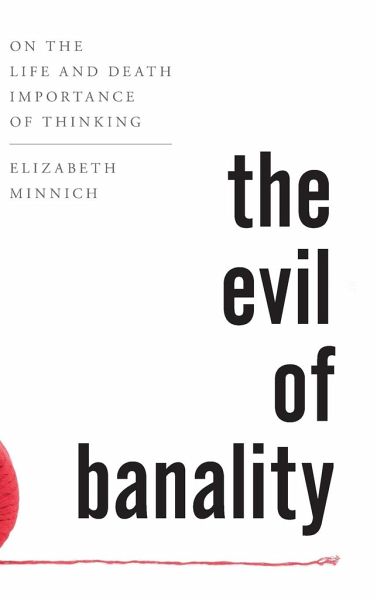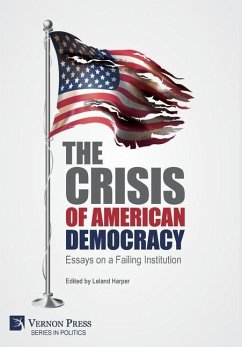Nicht lieferbar

The Evil of Banality
On the Life and Death Importance of Thinking
Versandkostenfrei!
Nicht lieferbar
Asking, How could they do it? about the many ordinary people who have been perpetrators and those who resist extensive evils - genocide, human trafficking, endemic sexualized violations of females, economic exploitation -- the book delves into historic, contemporary, national, and international examples. The author, a moral philosopher, draws also on literature, psychology, economics, journalism, pop culture. Reversing Arendt's banality of evil, she finds that mind-deadening banality, thoughtless conventionality, ambition, greed, status-seeking enable the evil of banality.















